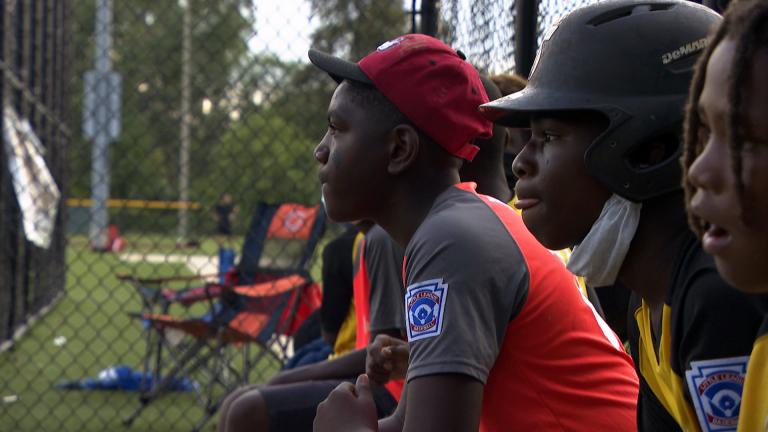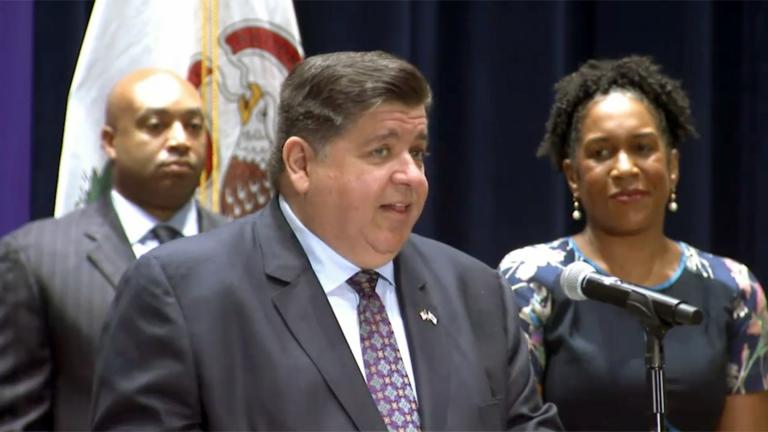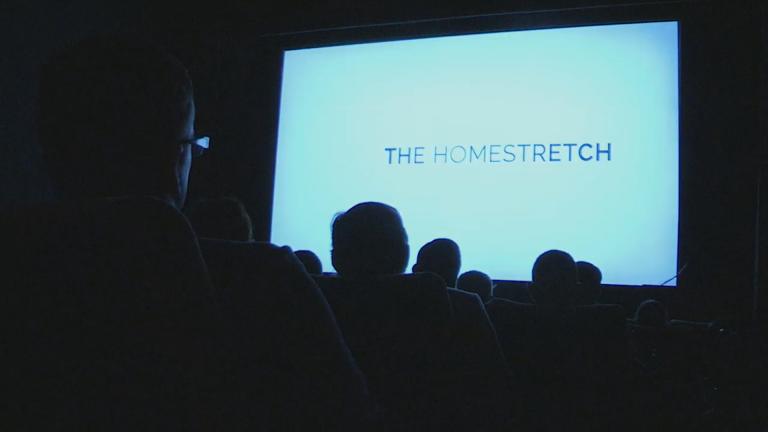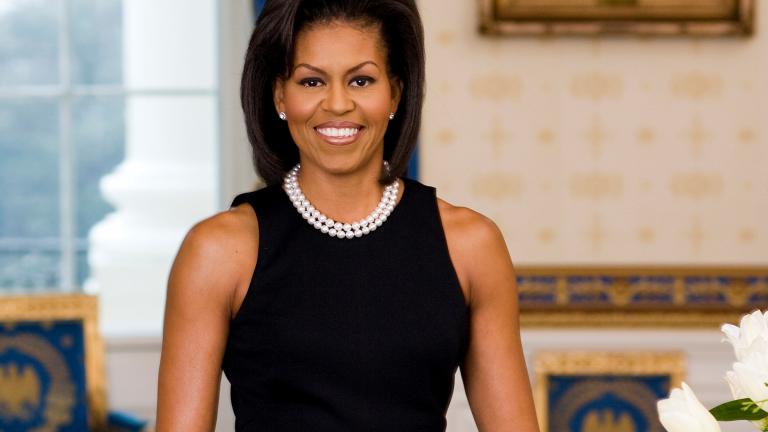Tensions between youth and police made international news with the deadly events in Ferguson and Cleveland, among others. But there's an effort to bring both young people and police together to talk about their experiences and interactions. In Chicago, The Youth/Police Project, a joint project of The University of Chicago Law School’s Mandel Legal Aid Clinic and the Invisible Institute, was launched to help generate conversations about how the countless interactions between teenagers and police in urban America shape kids. Now that conversation is expanding with a Youth/Police Conference. We hear more about how students are challenging the thinking of accepted police practices.
As the city tries to close the grim chapter of police brutality carried out under former police Cmdr. Jon Burge, police officials from across the country will meet with black youth in Chicago this week for a two-day summit aimed at fostering a better relationship with each other.
Jamie Kalven, a writer and human rights activist who's one of the conference’s moderators, said he hopes the conference will help further a discussion that the nation has grappled with after the fatal shooting of 17-year-old Trayvon Martin in 2012 and the police-involved shooting of 18-year-old Michael Brown in Ferguson, Mo. last year that sparked protests across the country.
Kalven said black teenagers he talks to are so distrustful of police officers that they go out of their way to avoid cops, such as not going out in large groups of friends or staying within their own neighborhood.
“When they’re stopped by an officer, they don’t know if it’s officer friendly or Jon Burge,” Kalven said, referencing the former police commander who was sentenced to four-and-a-half years in prison for lying in federal court about his knowledge of abusive interrogation techniques that were carried out under his watch. Burge was recently released to a halfway house in Florida.
Watch Invisible Institute’s video of interviews with Hyde Park Academy students about police encounters they’ve had.
The two-day Youth/Police Conference begins Friday and is organized by the Mandel Legal Aid Clinic of The University of Chicago and The Invisible Institute, a public advocacy group. Other moderators include Steve Edwards, a former WBEZ host who now heads The University of Chicago’s Institute of Politics, and Emmitt House, a retired attorney. Click here for a complete listing of panels and speakers.
Kalven said he hopes that the discussion will eventually lead to some policy changes, such as more transparency of police records about misconduct, and more comprehensive data on police-involved shootings and traffic stops.
While high-profile shootings have dominated the national discussion about police misconduct, Kalven said the day-to-day challenges that black teenagers face should also be highlighted.
“Even in the block you’ve grown up, you can feel like you’re trespassing,” Kalven said. “Developmentally for teenagers, they need to flourish and push their boundaries, and they’re closing their boundaries to avoid potential conflicts with police.”








